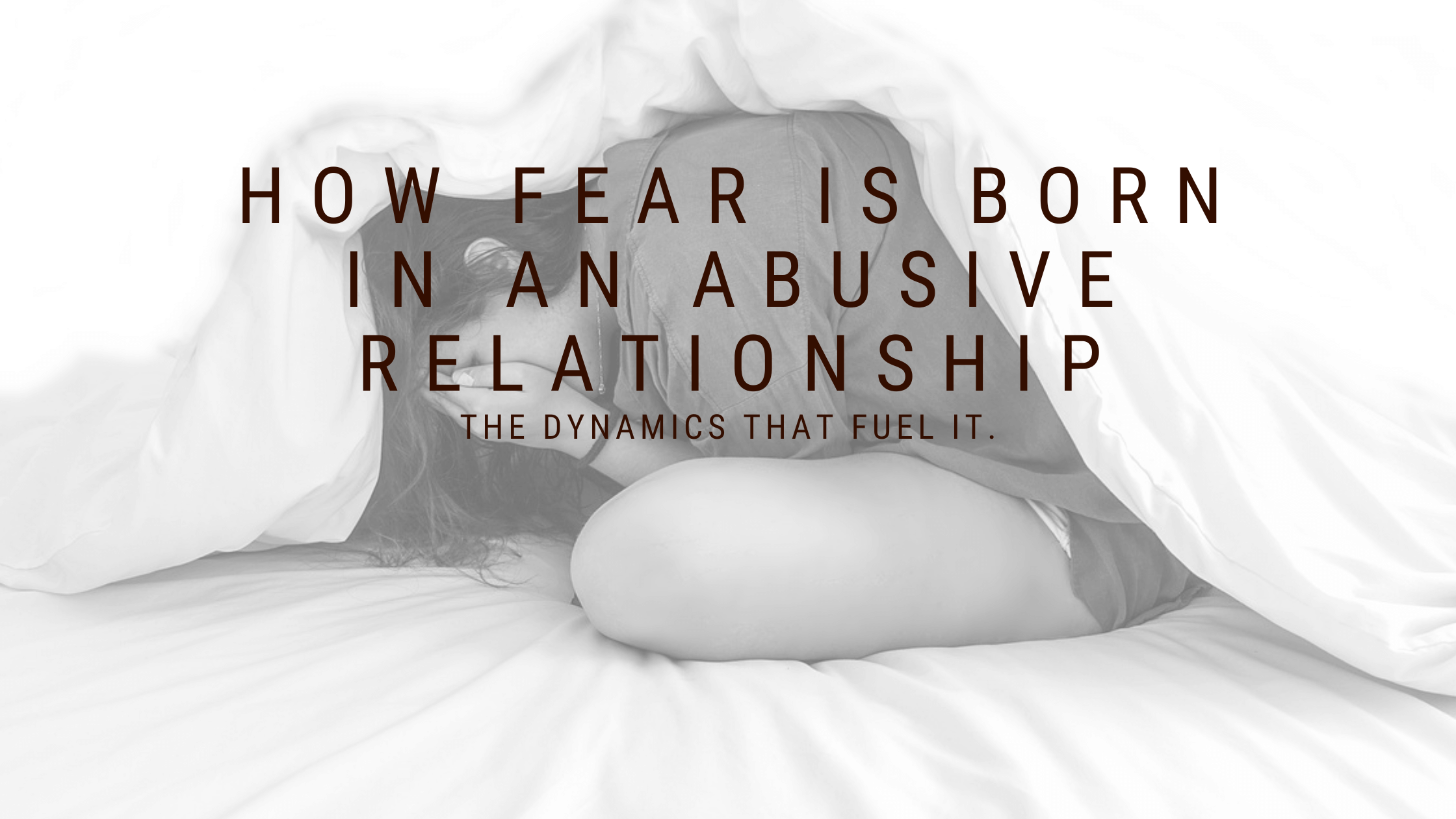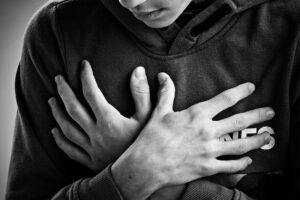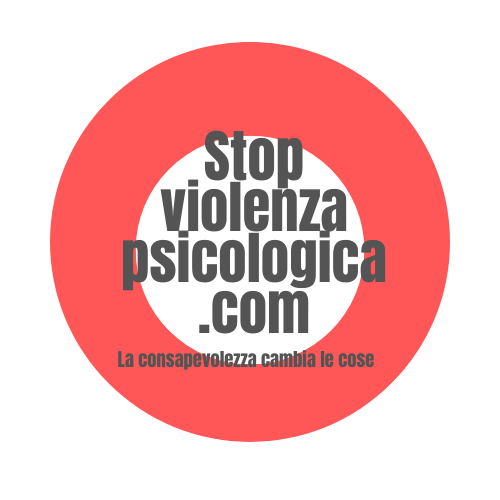The Roots of Terror: The Genesis of Fear in Emotional Abuse

For victims of abuse, whether psychological or physical, fear is not just an emotion, but a permanent state of being. It conditions their choices, paralyzes their will, and undermines their very identity. But what mechanisms within an abusive relationship trigger and perpetuate this profound terror? Exploring the roots of fear is the first step to understanding the invisible suffering of those who endure abuse and to building paths to healing.
The Genesis of Fear: An Interweaving of Abusive Strategies
“Where there is fear, there is no love. Where there is violence, there is no love.”
Eve Ensler
The fear that grips victims of psychological abuse is the result of a precise architecture of abuse. At its foundation lie control and manipulation. The abuser aims to suppress the victim’s autonomy, making them dependent on their decisions and desires. Manipulation, in its various forms – systematic lies, gaslighting designed to deny the victim’s perceived reality, and the induction of paralyzing guilt – generates a profound sense of disorientation and insecurity, a fertile ground for the growth of fear.
A crucial element in this process is isolation. By depriving the victim of their social and emotional network, the abuser makes them more vulnerable and dependent. The loss of external support amplifies the abuser’s power and the victim’s fear of remaining completely alone.
Fear is also constantly fueled by threats and intimidation. These can manifest verbally, through phrases that instill fear, but also through non-verbal behaviors, such as menacing glances or intimidating gestures. The effect is the creation of an environment pervaded by latent terror.
The unpredictability of the abuser’s behavior represents a further destabilizing factor. The unsettling oscillation between phases of apparent calm or even affection and sudden outbursts of rage disorients and terrorizes. Never knowing what to expect, the victim lives in a limbo of constant anxiety and a profound fear of the future.
How Fear Manifests in Victims of Emotional Abuse

When fear takes hold of body and mind: the victim’s reactions. The fear induced by psychological abuse is not a fleeting emotion, but a pervasive state that imprints itself on the victim’s body and mind, manifesting through:
- Anxiety: This isn’t normal worry about specific events, but a state of subtle yet persistent restlessness that pervades daily life. The victim may feel constantly nervous, “on edge,” irritable, or have the sensation that something bad is about to happen, even in the absence of an immediate threat. This chronic anxiety can make it difficult to relax and enjoy moments of tranquility.
- Panic Attacks: These are sudden episodes of intense terror that peak within minutes and are accompanied by alarming physical symptoms like palpitations, rapid heart rate, excessive sweating, trembling, a feeling of choking or shortness of breath, chest pain, nausea or abdominal discomfort, dizziness, feeling faint, derealization (feeling detached from reality), or depersonalization (feeling detached from one’s own body), fear of losing control, or fear of dying. These attacks can be triggered by specific memories or situations related to the abuse, but sometimes they seem to occur unexpectedly, further increasing the fear of another episode.
- Sleep Disturbances: Fear and anxiety significantly interfere with the ability to rest. This can manifest as insomnia, meaning difficulty falling or staying asleep, interrupted sleep due to frequent nighttime awakenings, or disturbing dreams and nightmares that often replay abusive dynamics or generate feelings of danger and helplessness. Sleep deprivation further exacerbates emotional and cognitive symptoms.
- Eating Disorders: The relationship with food can become dysfunctional as a coping mechanism. Some victims may experience a significant loss of appetite and subsequent weight loss, while others may resort to compulsive eating as a form of emotional comfort, leading to weight gain and guilt associated with food. These disorders reflect deep emotional distress and a loss of control over their own lives.
- Cognitive Difficulties: Chronic fear and stress negatively impact cognitive functions. The victim may experience problems maintaining concentration on even simple tasks, have difficulty following conversations, or focusing on work or study. Memory difficulties can also occur, with memory blanks or trouble recalling recent events, which can increase feelings of confusion and frustration.
- Isolation: As a defense mechanism, the victim may adopt avoidance of social contact. This can stem from fear of others’ judgment, shame about their situation, difficulty explaining their distress, or fear that the abuser might react negatively to social interactions. Isolation, although initially perceived as protection, deprives the victim of important sources of support and can exacerbate loneliness and depression.
- Low Self-Esteem: Psychological abuse constantly undermines the victim’s sense of self-worth, leading them to develop a negative perception of themselves and their capabilities. They feel unworthy of love and respect, doubt their own decisions, and perceive themselves as fundamentally “flawed.” This low self-esteem makes it more difficult to decide to leave the abuser and rebuild their life.
- Guilt: Often, the abuser manipulates the victim into feeling irrationally responsible for their abusive actions. The victim may internalize these accusations, convincing themselves they “provoked” the abuse or deserved the treatment received. This paralyzing guilt prevents the victim from recognizing their innocence and seeking external help.
- Hypervigilance: The constant, real or perceived threat leads the victim to live in a state of constant alert. It’s as if their senses are perpetually heightened, scanning their surroundings and analyzing every small sign, gesture, or tone of voice in search of potential dangers. This chronic state of tension is exhausting both physically and mentally and prevents the victim from relaxing and feeling safe, even in seemingly neutral contexts.
The Enduring Imprint of Fear: Chain Effects on Well-being and Life

The fear experienced due to psychological abuse is not a transitory emotion, but leaves a lasting imprint on the victim’s psychophysical well-being and quality of life, triggering a series of chain consequences that manifest in:
- Long-term Psychological Disorders:
- Chronic Depression: Prolonged exposure to fear and stress can alter brain neurochemistry, leading to a depression that doesn’t easily resolve. This condition can profoundly affect mood, energy, sleep, appetite, and the ability to experience pleasure, making it difficult to cope with daily life and recover from the abuse endured.
- Persistent Post-Traumatic Stress Disorder (PTSD): Repeated traumas can leave deep scars in emotional memory. PTSD can manifest years after the abuse ends, with vivid and distressing flashbacks, recurring nightmares, a hyper-arousal of the nervous system (hypervigilance, exaggerated startle response), and an avoidance of people, places, or activities that remind them of the trauma. This disorder can severely limit the victim’s ability to lead a normal and safe life.
- Debilitating Generalized Anxiety Disorder: Chronic fear can evolve into generalized anxiety disorder, characterized by excessive and uncontrollable worries about a wide range of events and situations. This persistent anxiety can lead to physical symptoms such as muscle tension, fatigue, and difficulty concentrating, limiting the victim’s ability to perform daily activities and enjoy life.
- Recurrent Physical Somatizations:
- Tension Headaches: Chronic muscle tension, often caused by anxiety and stress, can manifest as frequent and persistent headaches, which can become debilitating and further worsen overall well-being.
- Functional Gastrointestinal Disorders: Emotional stress has a direct impact on the digestive system. The victim may suffer from symptoms such as abdominal pain, bloating, nausea, diarrhea, or constipation, without an obvious organic medical cause. These disorders can be chronic and worsen during periods of greater emotional stress.
- Chronic Pain Without Apparent Medical Cause: Prolonged fear and stress can sensitize the nervous system, leading to the perception of chronic pain in various parts of the body (back, neck, joints) even in the absence of physical injury. This persistent pain can limit mobility, interfere with sleep, and worsen the quality of life.
- Impairment of Interpersonal Relationships:
- Difficulty trusting and opening up emotionally: The experience of abuse undermines trust in others and makes it difficult for the victim to establish authentic and intimate bonds. The fear of being hurt, manipulated, or controlled again can lead to emotional closure and difficulty expressing their needs and feelings.
- Fear of rejection and betrayal: The victim may develop a strong fear of being rejected or betrayed, based on abusive relationship dynamics. This fear can lead to avoidant behaviors in relationships or unhealthy emotional dependency, in an attempt to control or prevent abandonment.
- Negative Impact on the Professional Sphere:
- Difficulty concentrating and lack of motivation: Fear and anxiety can make it extremely difficult to focus on work tasks and maintain motivation. The mind can be constantly distracted by intrusive thoughts or worries, compromising productivity and work quality.
- Performance anxiety and decline in performance: The fear of failing, being judged, or not being good enough can generate strong performance anxiety, which paradoxically can lead to errors and an actual decline in work performance, with negative consequences for their career and professional self-esteem.
- Consequences of Social Isolation:
- Deprivation of crucial social support: Isolation deprives the victim of a social support network that could offer comfort, understanding, and practical help. This isolation can make it more difficult to cope with the consequences of abuse and embark on a path to healing.
- Increased sense of loneliness and disconnection: The lack of meaningful social interactions can lead to a profound sense of loneliness and disconnection from others, worsening symptoms of depression and anxiety and making it harder to rebuild a fulfilling social life.
Breaking the Silence, Building Safety: The Role of a Supportive Environment

Psychological abuse thrives in silence and isolation. Creating a safe and non-judgmental supportive environment is not just an act of humanity, but a collective responsibility to break this destructive cycle and offer victims a real chance at healing.
We start with recognition and validation. We must educate ourselves and others about the reality and severity of psychological abuse, learning to believe and understand the experiences of victims. Our recognition is a powerful act of justice.
We practice empathetic listening. We strive to listen to victims with an open heart, without prejudice or the rush to give advice. Our emotional support can make an enormous difference in their healing journey.
It’s crucial to be informed about the information and resources available in our area and to disseminate them. Knowing about anti-violence centers (often referred to as domestic violence shelters or support centers in English-speaking contexts) and specialized professionals allows us to direct victims towards concrete and qualified help.
We must learn to respect the victims’ timeline. We avoid pressuring them or judging their decisions. Our role is to offer unconditional support, respecting their individual journey.
Finally, we commit to ensuring the protection of victims. This can mean helping them develop a safety plan, reporting dangerous situations to the competent authorities, and creating communities where abuse is not tolerated and victims feel safe.

You Are Not Alone
If you or someone you know is experiencing psychological abuse, do not remain silent. There are resources and people ready to help you. The national anti-violence helpline in Italy 1522 (or if you are reading from the United States of America you might want to call an English-speaking helpline, such as the National Domestic Violence Hotline in the US: 1-800-799-SAFE (7233)) is active 24 hours a day, 7 days a week. Domestic violence support centers and psychologists specializing in trauma and domestic abuse can offer support and consultation.
The fear in victims of psychological abuse is a silent echo of abuse that wears down the soul. Imagining the constant terror, paralyzing anxiety, and loss of trust in oneself and others pushes us towards greater empathy and a deeper commitment. Creating safe spaces, where judgment has no voice and support is unconditional, is an act of profound humanity. Let’s remember that behind every silence could be a story of fear, and that our listening and understanding can be the first step towards liberation.
I appreciate you taking the time to read this post. I encourage you to share your thoughts and ideas in the comments, and please share it with your friends.

Resourses:
“Complex PTSD: From Surviving to Thriving: A Guide and Map for Recovering from Childhood Trauma” by Pete Walker
Fear and Distress: How Can We Measure the Impact of Technology-Facilitated Abuse in Relationships?
“The Verbally Abusive Relationship, Expanded Third Edition: How to recognize it and how to respond” by Patricia Evans
Intimate Partner Violence Fear-11 Scale: An Item Response Analysis, Tami P Sullivan, Danielle Chiaramonte, D Angus Clark, Suzanne Swan
Rete Nazionale Antiviolenza a sostegno delle donne vittime di violenza
